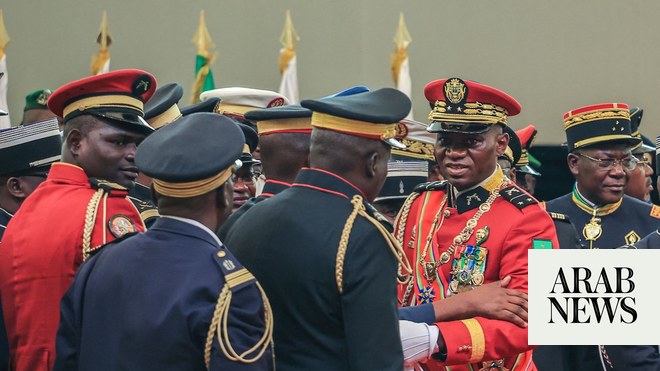
Demonstrations are still ongoing in many central and southern Iraqi provinces, especially in Basra, where protests first began about three weeks ago. Meanwhile, Shiite religious authority in Najaf issued a statement on Friday voicing its concern over the current status and warning political blocs, namely Shiite ones, to urgently implement people’s demands.
In the oil-rich province of Basra, marches continued especially after the ‘green light’ granted by the religious authority to continue pressuring the political blocs, which are now abandoning their responsibilities and blaming Prime Minister Haider al-Abadi for poor services.
Hundreds of demonstrators protested in front of one of the gas fields in the province, demanding jobs opportunities "rather than employing foreign workers."
One of Basra’s most prominent sheikhs, Sheikh Mizahim al-Tamimi asserted that protests will continue, but won’t be similar to earlier protests due to measures adopted by the government on several pressing matters, including some of the actions taken by Baghdad in favor of Basra.
"Based on these procedures and measures taken by local government in Basra...we can say that many of the demands of the demonstrators will be achieved," Tamimi told Asharq al-Awsat.
He explained that other steps have been taken to reduce water salinity and there is a plan to bring experts in desalination.
“The water crisis is not new, but it doubled after Iran closed Karun dam.. which exacerbated the problem more than ever before,” he explained.
Tamimi asserted that demonstrations now will be more rational without burning any premises or public facilities, especially as measures will soon be put into effect.
Also speaking to Asharq al-Awsat, former Iraqi member of the parliament Salah al-Jabouri explained that he believes it is necessary to support the demonstrations, provided they remain within the legitimate demands. He warned that in the event things get out of control in central and southern provinces, Kirkuk and other disputed areas will have major issues, such as ISIS sleeper cells trying to launch new attacks and create chaos.
As for the statement of the religious authority and its decisive intervention at this time, Jabouri said that “the stance is welcomed,” but wished it had confirmed that corrupt officials would not be reinstated again.
Head of the Iraqi Center for Media Development Adnan al-Sarraj told Asharq Al-Awsat that the statement of the religious authority was clear on determining the formation of authorities and determined precisely that Prime Minister is required to be strong and determinant without the interference of the corrupts.
He added that the authority also asked the political blocs not to interfere in the selection of ministers. The Authority also suggested a roadmap through which final budgets of ministries are completed as a method against corruption.
If this doesnt work, he warned, ministers will face one of two options: to either report to the authority when they fail to commit to their duties or to face the public who can impose other options.
"Unfortunately, the political blocs, rather than claiming responsibility for what happened...are blaming the prime minister,” he indicated, adding that everyone knows that the Prime Minister, whether current or former, can’t be blamed alone.












